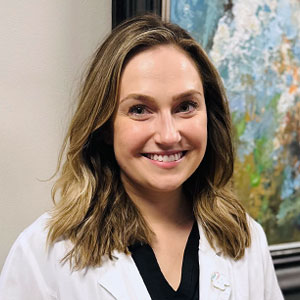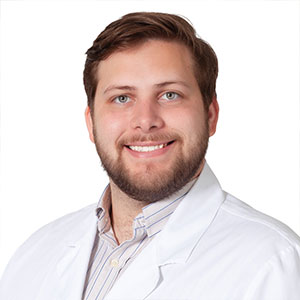
When you go to the dentist, you interact with a lot of different people in the office, but you’ll probably end up spending the most time with a dental hygienist. A dental hygienist is the person who cleans & polishes your teeth, applies fluoride treatments, takes x-rays & updates the dentist on your mouth’s condition. Most of us have an idea of the requirements to become a dentist, but what about a hygienist?
Education
Most dental hygienists are required to complete a two-year associate’s degree in dental hygiene. There are more than 300 dental hygiene programs accredited by the Commission on Dental Accreditation, or CODA. Accreditation by CODA means that the program covers general topics like communication and psychology or sociology, as well as biomedical, dental & dental hygiene science.
License & Certification
Although each state has different requirements for dental hygienists, all states require hygienists to have a license. Dental hygienists obtain their licenses after graduating from a dental hygiene program by taking & passing a national exam & their state’s clinical-based exam. These licenses must be renewed every one to three years. Most dental offices also require hygienists to be CPR certified.
Responsibilities
Dental hygienists are primarily known for cleaning your teeth, but they do a lot more than just that. While they’re cleaning your teeth, dental hygienists remove plaque, calculus & stains from your teeth. They apply fluoride treatments & sealants & take x-rays, & in some states they can administer local anesthetics, place fillings & dressings & remove sutures.
No matter where you are, dental hygienists are the first people to assess your oral health, even before your dentist. They also ensure your patient records are accurate & updated, & provide information to you about the best tools & methods to keep your mouth healthy. Dental hygienists are on the front line of your oral health!
7:30 - 7:30 Weekdays!
7:30 – 12:00 Saturdays




